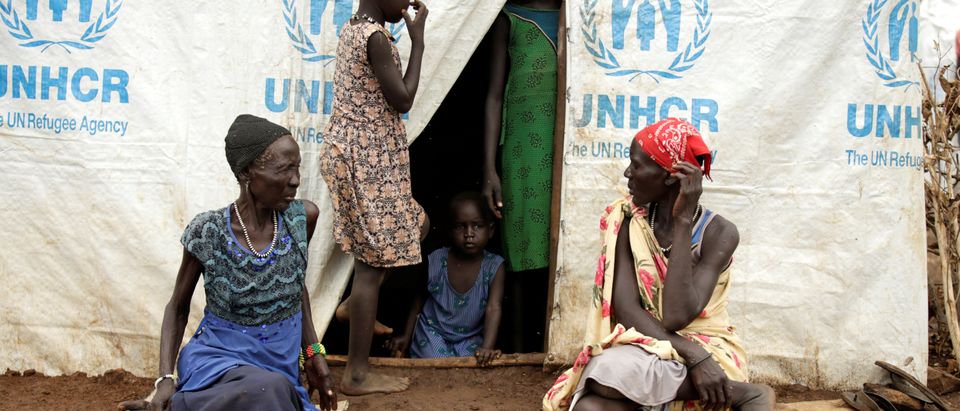The recent suspension of the UN refugee resettlement program in Sudan due to charges of corruption and bribery has vast implications for the United States’ own refugee program.
While the distant and little-known UN operation in Khartoum may not seem noteworthy, it matters greatly to the ongoing decline in the integrity of the once laudable U.S. Refugee Admissions Program (USRAP).
It matters because the USRAP receives the bulk of its refugee referrals from United Nations High Commissioner for Refugees (UNHCR), a UN refugee agency; the USRAP accepted 62 percent of its referrals, or 78,340 individuals, in 2016. The USRAP also provided UNHCR with more than $1.5 billion that same year.
It matters because widespread charges of fraud and corruption are not unique to this single UN refugee processing site, but rather just another in a long line of UNHCR fraud probes numbering 59 since 2015. It matters because 600 persons were resettled from the now-suspended Khartoum office in 2017, with hundreds likely now living in the U.S.
How many of these refugees paid corrupt UN staff the alleged going rate of$15,000 per individual or up to $40,000 per family to jump the queue and fraudulently speed up the refugee resettlement process? More importantly, where did they get the funds to pay the bribes?
Finally, it matters because this is yet another example of the multi-dimensional fraud that runs rampant in the USRAP and which has been regularly overlooked or willfully ignored for generations.
As early as the 1990s, fraudulent refugee claims were commonplace in the still-operating U.S. refugee program in Cuba and among the tens of thousands of Somalis who entered the United States in the early 2000s under false identities. Especially disturbing is the fact that in the case of the Somali fraud, none of the individuals have ever been prosecuted or deported, despite violating federal law and swindling the refugee program.
The current U.S. Citizenship and Immigration Services investigation into Burmese refugees who entered the U.S. using false identities is just one the most recent examples of the program’s inherent fraud. In this case, as many as 1,700 individuals may have either falsified their own data, or their personal information was used by someone else to gain fraudulent entry into the country.
Perhaps even more disturbing than the actual fraud is the fact that this type of investigation is the exception rather than the norm. For decades, little heed has been paid to program’s extensive fraud.
As a former refugee coordinator who served throughout the Middle East, Africa, Russia and Cuba, I saw first-hand the flagrant abuses and scams that permeate the refugee program. I witnessed widespread exploitation and misuse, from identity fraud to marriage and family relation scams, and from private individuals profiting from their involvement in USRAP to distortion of the actual refugee definition to ensure greater numbers of people who are really migrants are admitted as refugees.
During my own time working in this program, I watched USRAP continue to expand unchecked, seemingly without concern for whether it served the best interests of its own citizens or the country.
While refugee admissions have been declining under the Trump administration, there has been almost no focus on programmatic fraud. Midway into the 2018 fiscal year, just over a quarter of the 45,000 individuals proposed in the FY18 refugee ceiling had entered the country. This slow-down in admissions may reduce some fraud, but without structural reform, it cannot be eliminated.
Too many government officials, often under the guise of humanitarianism, have continued to disregard both the external “pay-to-play bribery schemes” of the UN along with the internal fraud within USRAP operations. The once admirable refugee program has lost its integrity and must be reformed. The USRAP is in need of a complete overhaul and it’s time for Congress to take the lead.
Mary Doetsch is a recently retired 25-year veteran of U.S. State Department and refugee coordinator for the U.S. Refugee Admissions Program in the Middle East, Africa, Russia and Cuba.
The views and opinions expressed in this commentary are those of the author and do not reflect the official position of The Daily Caller.


